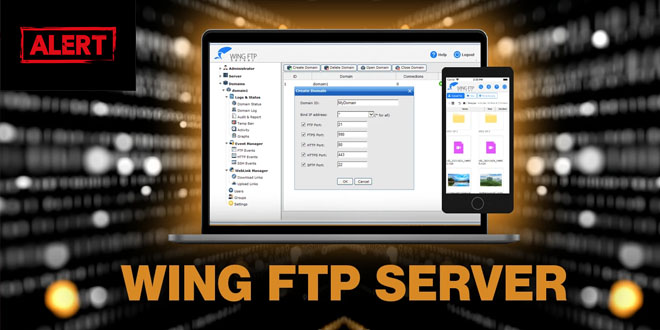North Dakota has become the first state in the United States of America to approve the cybersecurity education legislation that enables bringing cybersecurity education to schools. Governor Doug Burgum signed the landmark House Bill (HB1398) that outlined the requirement to develop a computer science and cybersecurity integration plan to promote it in schools.
Applauding the momentous move, Kirsten Baesler, North Dakota School Superintendent said, “Today is the culmination of years of work by stakeholders from all sectors to recognize and promote the importance of cybersecurity and computer science education in our elementary, middle and high schools.
Governor Burgum noted, “Cybersecurity is one of the most pressing issues we have in North Dakota,” while addressing the cybersecurity education legislation at the bill signing ceremony.
About the cybersecurity education legislation
As part of the cybersecurity education legislation, the coursework will be taught to students from kindergarten to 12th grade. The House Bill proposed having units of computer science or cybersecurity. This legislation is set to be approved by July 1, 2024.
A division of North Dakota Information Technology, EduTech will help develop courseware of cybersecurity and computer science for the teachers’ training material. Local schools will be able to use the integration plan and create their own study material.
The work behind the cybersecurity education legislation is inspired by a vision from 2015 that sought to craft instructional material for K-12. This collaboration saw a group being formed comprising legislators and stakeholders like state agencies, industry experts, teachers, businesses, administrators, and families, the cybersecurity academic content standard was crafted.
This work also helped create cybersecurity and computer science credentials for teachers to add to their teaching licenses.
Schools have been increasingly targeted by ransomware groups wherein student data is sold online. In order to curb cybercrime and increase cyber hygiene, this computer science and cybersecurity education legislation was much required.
Governor Burgum stated that living in the day and age where information comes online and not just from books makes way for both opportunities and risks.
Insights shared about cybersecurity education legislation
When asked about the dire need for a cybersecurity education legislation, Alon Gal, Co-founder & CTO at cybercrime intelligence company Hudson Rock said to The Cyber Express.
“Teaching cyber security to K-12 students is incredibly important. With the increasing prevalence of technology in our daily lives, it’s essential that we educate young people on how to stay safe online by helping them develop important skills like identifying phishing scams, creating strong passwords, and understanding the dangers of oversharing online.”
When asked about how cybersecurity education was forwarded in Israel, Alon said, “Israeli schools have been at the forefront of this movement, and their success in implementing cybersecurity programs is something that we can learn from.”
The executive director of the State Educational Technology Directors Association (SETDA), Julia Fallon reiterated the need for having specially created study material for students. According to a Government Technology report, Fallon said, “Just taking business models that are out in the corporate space and applying it to K-12 doesn’t necessarily solve the problems.”
The reintroduction of the Cybersecurity Skills Integration Act in the House as a bipartisan bill was also a welcome move. This act was for creating a pilot program in the Department of Education and was sponsored by Reps. Jim Langevin, and GT Thompson.
A competitive grant of $10 million was marked as an award for career and technical education programs in creating cybersecurity in their curricula.
 InfoSecBulletin Cybersecurity for mankind
InfoSecBulletin Cybersecurity for mankind













